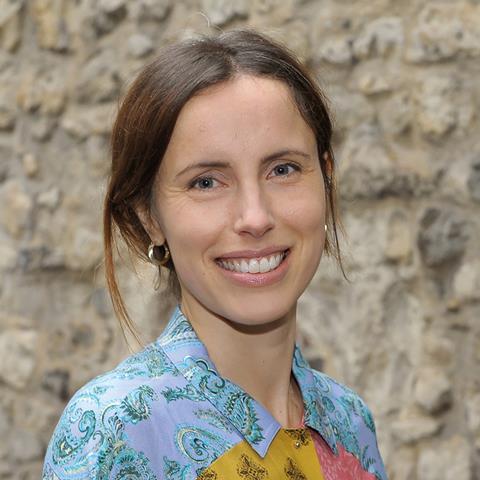Who? Kate Egerton, human rights solicitor, Leigh Day, London.

Why is she in the news? Represented Josiane, a single mother, who claimed she was discriminated against when she was prosecuted by TV Licensing. Leigh Day announced that the BBC had agreed to pay Josiane £6,500 in compensation.
Thoughts on the case: ‘There is a stark gender disparity in TV licensing prosecutions (around 75% are taken against women) but no evidence that women are more likely to commit the offence than men. Various reviews have considered the issue and concluded that the disparity is due to the “cultural phenomenon” that women are more likely to deal with household callers, including enforcement officers, than men. Of course, far from being a “phenomenon”, the fact that women are more likely to be at home is in itself due to structural inequalities; it is our view that the BBC could be doing more to mitigate against this. This case demonstrates how you don’t necessarily have to go to court to achieve really powerful results. The Public Law Project sent judicial review pre-action correspondence on Josiane’s behalf and the BBC agreed to undertake another review of the gender disparity, which should be reporting shortly. We were then instructed to bring a private law claim for discrimination. While the BBC did not admit liability, it did listen to Josiane’s experience, recognised that mistakes were made and compensated her. We hope that it has considered our suggestions for alternative and, we say, non-discriminatory measures for investigating TV licence evasion as part of its review.’
A TV Licensing spokesperson said: 'The BBC settled [Josiane’s] claim for compensation and apologised to her on the basis that our response to her enquiries could have been clearer and that on this occasion we did not achieve the high standards in customer service to which we are committed. We did not accept that the prosecution (which was later dropped) was due to TVL’s processes disproportionately targeting women.
'Separately, however, we have been looking in detail at the factors behind the gender disparity in TV Licence prosecutions, many of which are complex, societal issues. We have been working with a number of organisations to include a wide range of input into the Review. It is nearing completion and will be published then.'
A BBC Spokesperson said: 'We accept our response to [Josiane’s] enquiries could have been clearer and as a result [Josiane] believed a direct debit had been set up when this was not the case which led to a prosecution being initially pursued. We apologise to [Josiane] for this and have provided a payment to recognise mistakes made. We are committed to highest possible standards in customer service and regret we didn’t achieve that on this occasion'.
Dealing with the media: ‘Leigh Day has a fantastic press team who worked closely with APPEAL on media interest. Journalist Aasma Day at the Independent had been following the issue of gender disparity in TV licensing prosecutions for some time, and so she was offered the story.’
Why did you become a lawyer? ‘I studied sciences but at university had a glimpse of what life in a lab might look like and realised it wasn’t for me. I was attracted to law because it requires the same analytical skills, but with more creativity and a focus on the issues facing society.’
Career high: ‘My favourite thing about my job is that you become a mini-expert in a particular field for the duration of your case. For example, I am currently investigating both council tax reduction schemes and healthcare for trans men. The diversity is very motivating and I feel constantly humbled by my clients.’
Career low: ‘Access to justice issues caused by funding, especially in my field which is discrimination, are extremely challenging. Unless a client is eligible for legal aid, or wealthy, it is generally just not viable for them to take a case no matter how appalling the treatment.’































2 Readers' comments